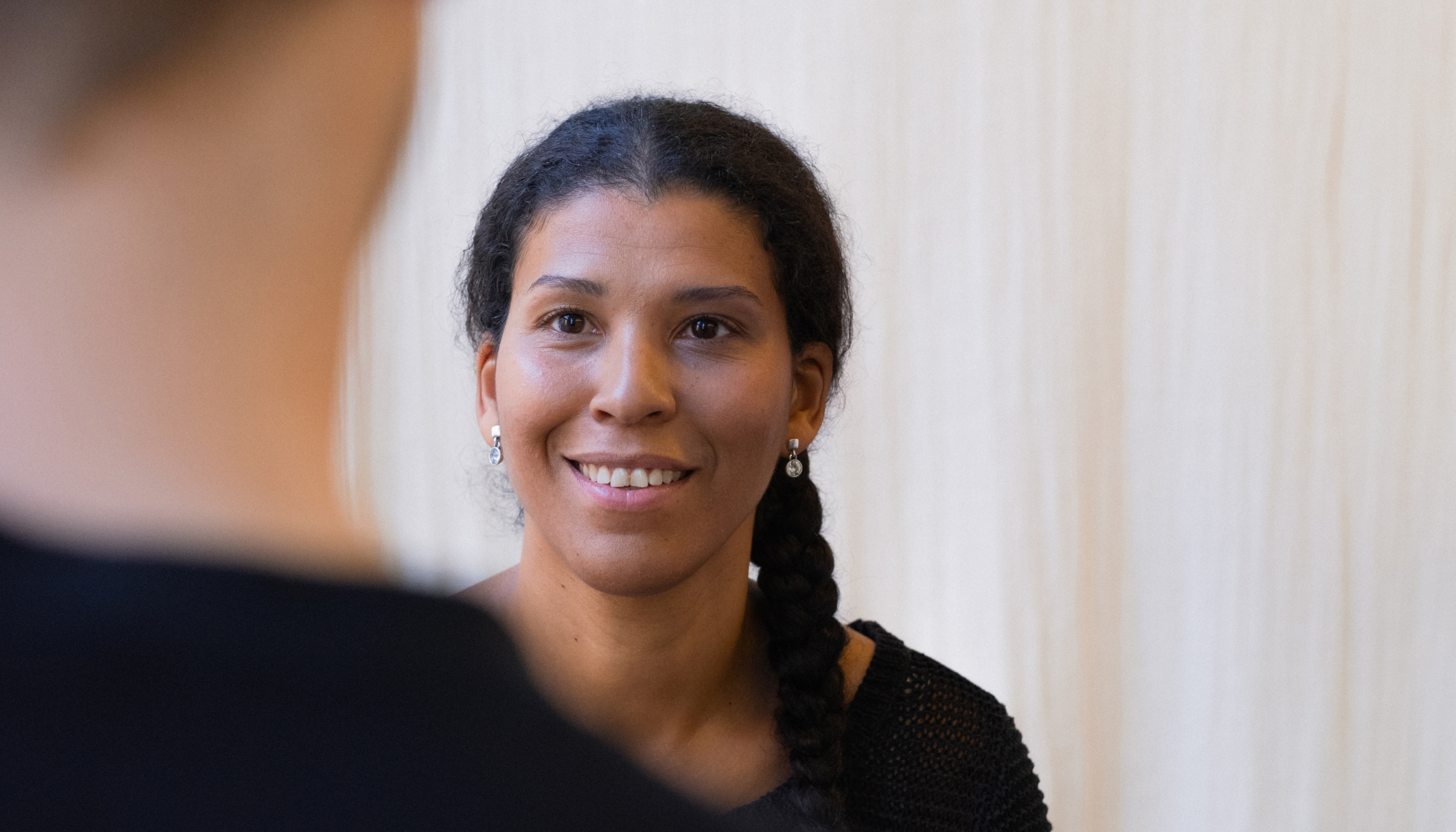Worry is a normal and natural human experience. We all worry at times – especially during life’s more stressful moments, like if you’re about to have a job interview or take a driving test.
Worry is a chain of thoughts that takes place in the mind. It means focusing on the negative events and outcomes that might occur in the future.
When is worrying a problem?
Worry can become a problem if it’s happening too frequently and is having an impact on your daily life. When worry becomes a problem, people experience constant worries and doubts playing on their minds, making it hard to focus on their activities, to rest, relax and sleep. While it can be very distracting, the process of worrying can also become exhausting.
Worry is a common symptom of anxiety disorders like generalised anxiety disorder, health anxiety and social anxiety.
How do I know when I’m worrying?
Worry typically takes the form of 'what if....' questions and thoughts. When you’re worrying, you are thinking about all the things that could go wrong in a particular situation. Then you’ll enter a process of trying to solve the possible outcomes.
For instance, someone may be worrying about giving a presentation, thinking, 'what if I get asked a question I don’t know the answer to?' They may then worry about how bad or embarrassing the scenario could be and other negative repercussions.
Then, to try and avoid this scenario they'll think about what they could do to avoid or prevent this, like overprepare or find a reason to get out of doing the presentation.
This process can be very stressful and draining because it involves trying to solve something that hasn't happened and may never happen.
How to stop worrying as much
Understand and increase awareness of your worry
One of the challenges in trying to stop worrying is that you may start getting caught up in worrying without being aware that it’s happening – until much later. An important first step is to increase awareness of your worries, because if you don’t notice it’s happening, you won’t be able to break out of the ‘worry cycle’.
To help with this you can look for patterns or triggers that lead to worrying, like attending a meeting. Then identify:
- Any patterns in when worrying is more likely – for example when you go to bed, when you wake up or while you’re driving
- The things you tend to worry about most – are there any themes? These may include health, finances or social situations. The more you understand and can recognise your worry, then the better prepared for it you can be.
Learn to live with uncertainty
Research has found that worry is linked with a fear of uncertainty (not knowing what will happen). This uncertainty feels risky, so we make an effort to get rid of the uncertainty by playing through the scenarios and trying to come up with answers.
The problem with this is that there’s no way of knowing what is going to happen in advance, so these problem-solving efforts cannot be effective. In the scenario of presenting in a meeting, there’s no way to know what questions will be asked during the presentation. This fear of uncertainty drives the anxiety and problem-solving efforts, keeping the ‘worry cycle’ active.
Learning ways to live with and accept the uncertainty is an important step towards helping stop worrying.
What can I do when I’m worrying?
1. Be nice to yourself
We all tend to be kind with our loved ones when they feel anxious or worried, but when it comes to ourselves we can be very self-critical.
The more self-critical we tend to be, the more distressed we can feel and the harder it is to cope. So when you get caught up with worry, try to be kinder to yourself and have more understanding. Tell yourself, 'it will be okay, I’m feeling anxious but I can help myself.'
A useful tip is to think about how you would talk to your best friend if they were in the same situation – what would you say to them? How would you help them?
2. Focus on your breathing
Take a step back and focus on the rhythm of your breathing. Inhale and exhale gently. While exhaling, say some kind words to yourself.
This breathing exercise helps us to manage our flight and flight response (the physical reactions and sensations we experience when we feel anxious).
You can also practise ‘grounding’ when you’re feeling very anxious and stuck in the situation. Our body is always in the present – it’s our mind and thoughts that wander. So involve your 5 senses to ground yourself, by noticing:
- 5 things you can see
- 4 sounds you can hear
- 3 things you can touch
- 2 things you can smell
- 1 thing you can eat
3. Use the worry tree
In cognitive behavioural therapy (CBT), one strategy for responding to anxiety is to use the worry tree which is a series of steps and questions to ask yourself:
What am I worrying about? Try to identify or name the worry
Is there anything I can do about it?
If no – stop worrying at that moment and shift your focus and attention onto another activity
If yes – work out what you can do, or how to find out what to do
Is there anything I can do right now?
If yes – do it and then move on to another activity
If no – plan when you could do it, allocate a time, and then move on to another activity.
4. Postpone your worry
Instead of worrying about something throughout the day, allocate a time for worry and also try to have a worry place.
Schedule your worry time (no more than 10 minutes).
During this time you can go to your worry place and think about whatever has been getting to you. Outside of this time, acknowledge any worries but state that you are not going to think about it now, and you’ll come back to it during your worry time.
5. Compassionate self-help
Don’t believe in everything your brain is telling you. Often our brains behave like a bully when we feel anxious and worried.
If you find yourself continuing to struggle with worry in a way that it’s impacting your quality of life, there's help available. Psychological approaches like CBT have shown to be effective in helping people better understand their worry, live with uncertainty and break the worry cycle.


